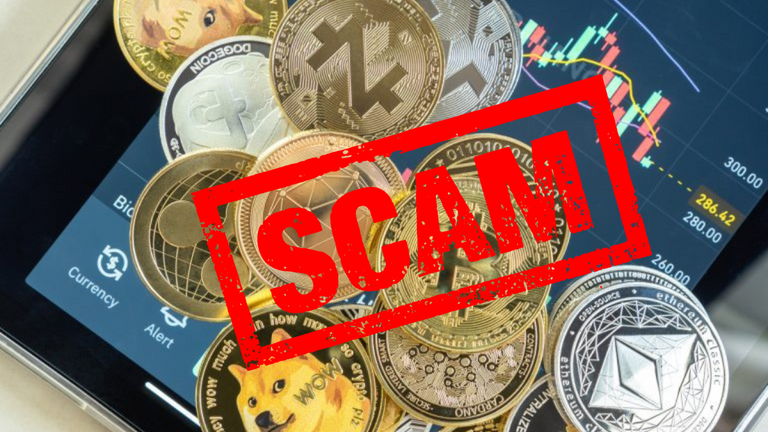
Ponzi schemes have been around for over a century, but with the rise of cryptocurrencies, they have become more prevalent and sophisticated. In recent years, there have been several high-profile cases of Ponzi schemes using cryptocurrencies to defraud investors. These scams not only hurt individual investors but also damage the reputation of the cryptocurrency industry as a whole. So, what can we do about it?
First, it's important to understand how Ponzi schemes work. A Ponzi scheme is a fraudulent investment scheme where returns are paid to earlier investors using the capital contributed by newer investors. The fraudsters promise high returns to attract new investors, but in reality, there is no underlying investment or business generating returns. Instead, the money from new investors is used to pay off earlier investors, creating the illusion of a profitable investment opportunity.
In the world of cryptocurrencies, Ponzi schemes have become more common due to the relative anonymity of transactions and the lack of regulation in many jurisdictions. Cryptocurrencies are also seen as a new and exciting investment opportunity, making it easier for fraudsters to attract unsuspecting investors.
One example of a cryptocurrency Ponzi scheme is Bitconnect. Bitconnect was a cryptocurrency lending platform that promised daily returns of up to 1% to investors who lent their Bitconnect coins to the platform. The company claimed that its trading bot would generate profits from volatility in the cryptocurrency market. However, in January 2018, Bitconnect announced that it was shutting down its lending platform and its cryptocurrency lost over 90% of its value. The founders of Bitconnect were later arrested and charged with fraud.
So, what can be done to prevent these types of scams? The first step is education. Investors need to be aware of the signs of a Ponzi scheme and understand that there are no shortcuts to wealth. If an investment opportunity sounds too good to be true, it probably is. Investors should also do their own research and due diligence before investing in any cryptocurrency or investment opportunity.
Regulation is another key factor in preventing Ponzi schemes. Governments and regulatory bodies need to establish clear guidelines and regulations for the cryptocurrency industry. This includes requiring companies that offer cryptocurrency investments to be licensed and registered with relevant regulatory bodies. It also means enforcing penalties for fraudulent activities.
Another solution is the development of decentralized platforms that allow for trustless investments. Decentralized finance (DeFi) platforms built on blockchain technology can provide transparency and security to investors. Smart contracts, which are self-executing contracts with the terms of the agreement between buyer and seller directly written into lines of code, can be used to create trustless investment opportunities. This would eliminate the need for intermediaries, such as banks or investment managers, and reduce the risk of fraud.
In conclusion, Ponzi schemes using cryptocurrencies have become more common in recent years, but there are steps that can be taken to prevent them. Education, regulation, and the development of decentralized platforms are all important in reducing the risk of fraud in the cryptocurrency industry. Ultimately, it's up to investors to do their own research and due diligence before investing in any opportunity, whether it's in the cryptocurrency or traditional financial markets.